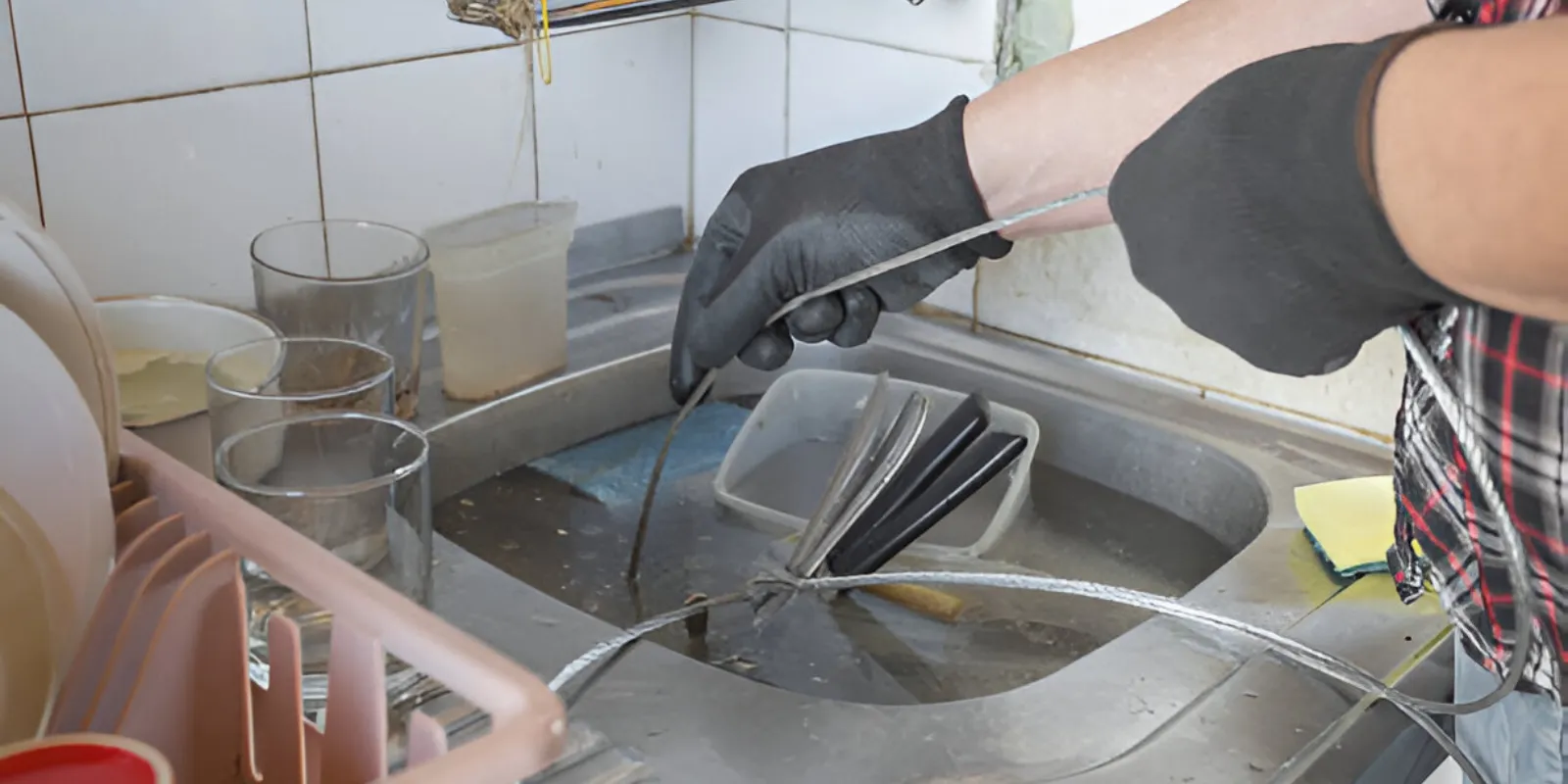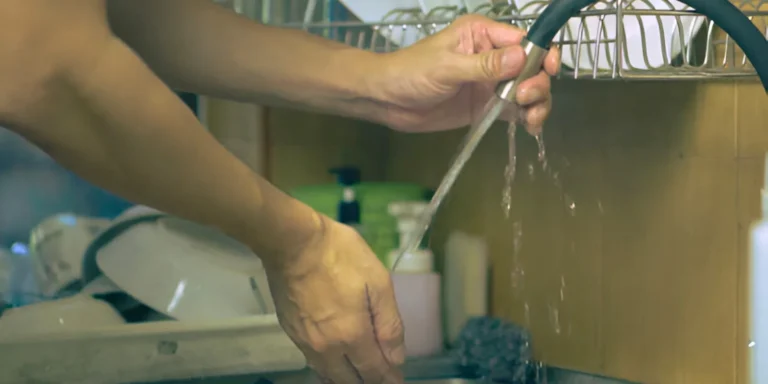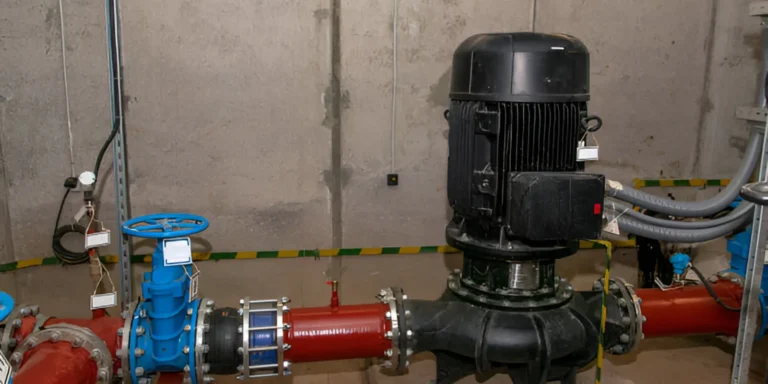A clogged kitchen sink is more than just a nuisance; it can disrupt your routine, emit unpleasant odors, and even lead to costly plumbing repairs. Fortunately, preventing blockages is entirely possible with a few mindful practices. Your kitchen sink handles food particles, oils, soap, and water multiple times a day, making it highly prone to buildup. The good news is that by taking proactive steps, you can maintain a free-flowing drain and extend the life of your plumbing system. This guide covers proven strategies to help you avoid clogs and keep your kitchen running smoothly.
Be Mindful of What Goes Down the Drain
One of the most effective ways to avoid a clogged kitchen sink is by being selective about what you dispose of. Items like coffee grounds, grease, eggshells, and fibrous vegetables (like celery or potato peels) should never go down the drain. These substances tend to stick to pipe walls or form blockages over time. Sink strainers are used to catch larger debris and are emptied regularly. Educating everyone in your household on proper disposal habits will help minimize the chances of blockages forming in the first place.
Avoid Rinsing Oil or Grease
Pouring cooking grease or oil down the sink may seem harmless, but it cools and solidifies in pipes, creating sticky residue that attracts other debris. Over time, this buildup leads to clogs. Instead, pour grease into a container and discard it in the trash once solid. Wipe greasy pans with a paper towel before washing. These habits significantly reduce the amount of fat entering your drainage system and help maintain cleaner pipes.
Perform Regular Maintenance and Cleaning
Routine cleaning is essential for keeping your kitchen sink in top condition. Once a week, flush the drain with hot water to melt away any minor grease or soap buildup. For deeper cleaning, use a mixture of baking soda followed by white vinegar to break down residue and neutralize odors. Let the mixture sit for about 10 minutes, then rinse with boiling water. These simple maintenance steps keep your pipes fresh and reduce the chance of clogs forming unexpectedly.
Try Natural Cleaning Methods
Chemical drain cleaners may offer quick results, but they can corrode pipes and harm the environment. Opt for natural solutions like baking soda, vinegar, or even lemon juice for regular upkeep. These ingredients are safe, effective, and budget-friendly. Using natural cleaners not only keeps your sink fresh but also preserves the integrity of your plumbing system in the long run.
Use Tools and Technology Wisely
Having the right tools on hand makes a big difference in preventing sink clogs. A sink plunger can quickly address minor slow drainage, while a drain snake is perfect for dislodging deeper debris. Additionally, installing a garbage disposal unit can help break down food particles efficiently—just ensure you use it properly and avoid overloading it. Investing in these tools and using them appropriately gives you control over your kitchen plumbing and reduces the need for emergency services.
Schedule Professional Inspections
Even with the best habits, occasional professional attention helps keep your sink in excellent condition. Licensed plumbers can spot early warning signs, clear buildup that home methods can’t reach, and offer tailored advice based on your kitchen’s usage. An annual inspection can save you from costly repairs and ensure long-term peace of mind.




